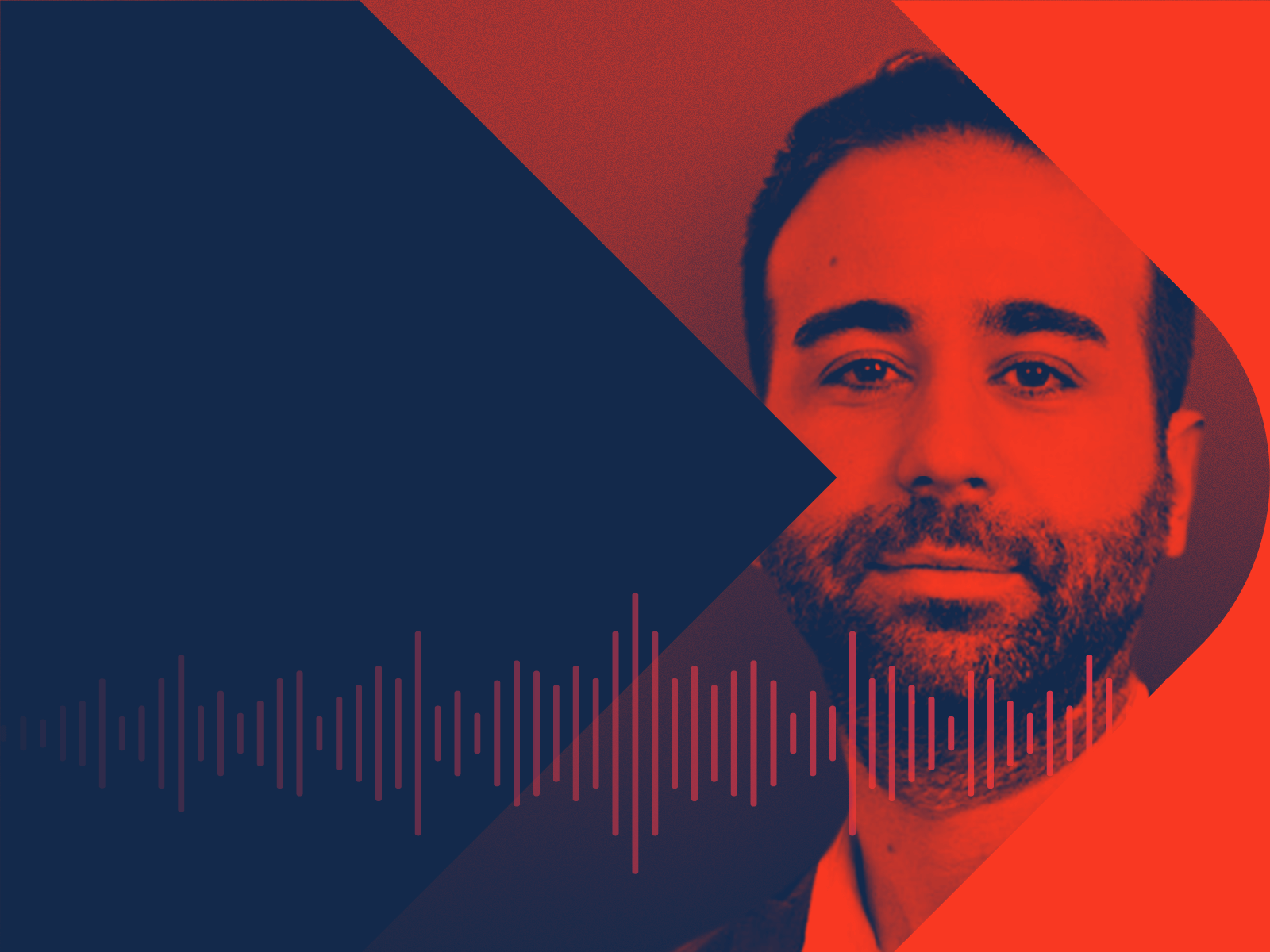“We need to kind of create concepts of unlearning of what we have learned to start over again, without the constraints.”
The only consistent thing in retail is the constant change, always creating new challenges as well as opportunities for retailers and brands. The industry was highly impacted by the COVID-19 pandemic, forcing retailers to rethink their strategies, adapting and switching to online-first models to keep connected to their customers.
In the fifth episode of our Identity Architects podcast our Head of Privacy and SVP Central Europe Uli Hegge sat down with Sven Christian Andrä (Sca), CDO and Managing Director of the German multichannel retailer Klingel Group, talking about the changing world of retail and the challenges and opportunities that presents, and more.
“This is just going to be the new normal. We will have changes happen to every industry. [...] While in the past we said we need to continuously adapt to change, change that happens nowadays to me is so intense that you need to start overthinking over and over again any time. Because a solution that might not have worked two years ago because of costs, computer power or any other constraint that was limiting at that time might be the right solution today.”
A good example he Sven Christian Andrä made are QR codes Klingel Group and other retailers tested a few years ago but in most cases in Germany customers were not ready so retailers stopped using them altogether.
“Nowadays we are used to using QR codes every day with the Covid app and so on. So there might be a totally different leverage to QR codes than [...] three years ago.”
Another thing the Klingel Group and others are facing due to Covid is both a challenge and an opportunity: The older target groups started to buy online with most stores closed in 2020 when Covid first hit. Most retailers try to interact with them the same way they interact with other, younger target groups.
“Those clients chose online for a totally different reason and they have a totally different initial experience of online than somebody who started ten years ago. That’s one of the issues I see not just with us but with other retailers. It seems like we are more looking at past data than on the real change that has happened.”
But how do we fix that? Covid changed a lot in consumer and buying behavior over the last one and a half years.
“To my understanding, we can just throw away all data that is pre-Covid and start over again in some areas. And potentially that’s part of the future, to throw away data that is older than two years because it’s just not possible to gain insights from this very different context two years ago. And we as a company still tend to look at the long rows of numbers of the last fifteen years.”
Sounds plausible. Especially when we think about interests and behavior changing over time - knowing what your customers liked 10 years ago might not be what they want now. Retailers need to make shopping and the shopper’s journey a memorable and positive experience.
“Especially with the older target group we always had a problem how to inspire customers without sending them catalogs because that has been the way in the past. We sent them huge catalogs and that inspired the customers and then they ordered through the different channels. And I think with the way that those customers [...] interact with their digital devices there is a huge chance to find ways to inspire them through these devices.”
Another aspect of the switch to digital - and lots of companies already stopped producing big catalogs - is sustainability. Companies are already thinking about green alternatives and how they can sustainably do business while consumers are also becoming more conscious of global warming and how we as a society can have a positive impact.
“The biggest challenge [...] will be the climate crisis and the way it's gonna change our business, the way it's gonna change the way customers think.”
Consumers are also becoming more conscious about data privacy, with regulations in place, documentaries such as The Social Dilemma on Netflix, and data leakage scandals on the news. On the other hand, they still want a personalized and unique experience based on their data.
“We've done a lot of research with our customers, specifically to data privacy but also to their overall behavior. And the paradox that a lot of companies see between what clients say they want and how they behave, with our clients the gap is even bigger. We talk to people and they say it's very important to them. [...] At the same time, we have opt-in rates with our cookie consent layer that are extremely high.”
With all the new regulations in place and different consent banners on every website, it is not at all surprising that consumers are confused by it all and do not know exactly what is right anymore.
“They are insecure and are looking for security. At the same time they are overwhelmed by all that complexity that data privacy provides to them. Every time they think that they’ve understood what they should do to do things right [...] things change again. They got used to the very basic cookie layer and potentially their kids explained to them what it means and just the moment they got used to it, the new consent layer came up with more selection options and so on so it's really hard for our clients.”
So who is responsible to educate the consumer? How can we overcome the complexity of it all?
“That means a lot of responsibility to us because we need to make sure that even if they don’t deeply understand what's happening here and what they should do, that we take this responsibility and make sure that we use their data as if it would have been our own. [...] We have those clients that trust us and the worst thing would really be to show those clients that we were not trustworthy. [...] Trust is the advantage so we need to make sure that we keep that trust as high as possible.”
So let’s be as responsible as possible with the consumer’s data and treat it as if it were your own.
Thanks, Sven Christian Andrä, for the chat.





